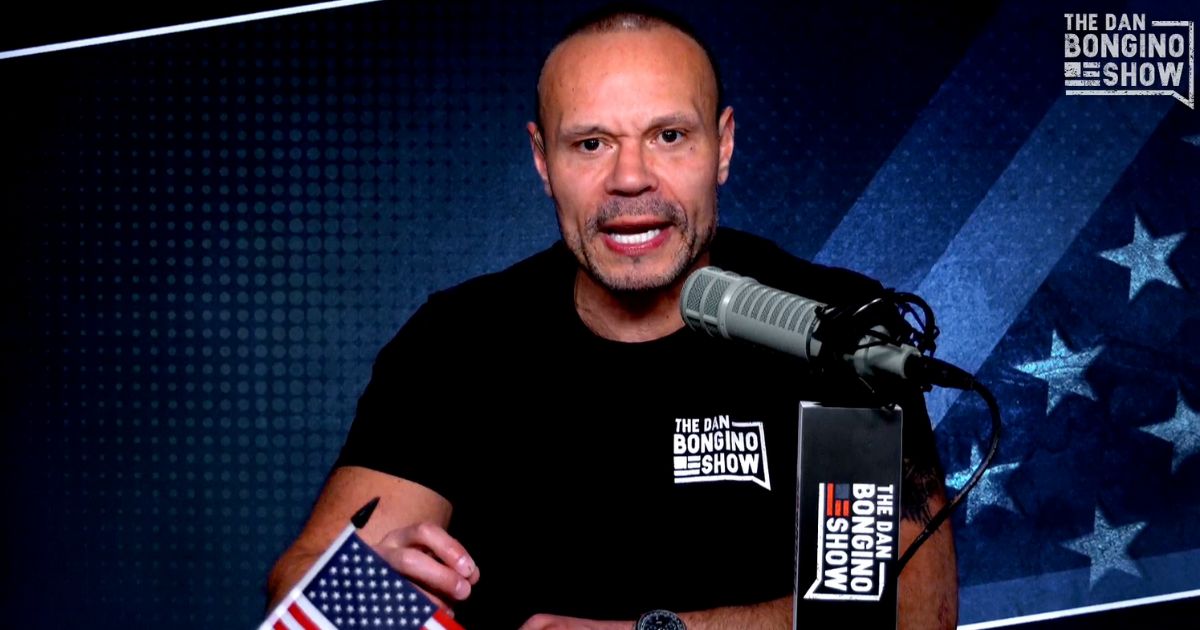Pay Per Mile: States Move Toward User-Based Road Tax
Taxes are paid for each gallon of gas consumed in the United States every year since 1932. This revenue goes towards road repairs and public transport such as trains and buses.
At the moment, 18.4 cents per gal for gas and 24.4 for diesel are taken by the Fed. The state gas taxes are a range from a national maximum of 61c for gas to a low level of 24.4c per gallon for diesel. PennsylvaniaAlaska, at a low of 8.95c in Alaska
However, environmentally-motivated improvements in fuel efficiency and the shift to electric vehicles (EVs), result in less gas being sold, which means less tax revenue.
The federal and state governments are seeking a new funding source for transportation. They have settled on mileage-based fees (MBUF), vehicle mile traveled fees (VMT), road users charges (RUCs), and highway use fees. All acronyms refer to the same thing: Drivers are charged a tax per mile they drive.
“All vehicles are going farther on less gas, and that is great for our wallets, especially with the gas prices going up. But it’s not so good when our transportation system is dependent on that fuel tax,” Trish Hendren was the Eastern Transportation Coalition’s executive director, according to The Epoch Times. “The link between usage and payment is broken.”
The coalition is a partnership made up of 17 states and Washington, D.C., and aims to connect public agencies across all modes of travel in order to improve safety and efficiency. Alabama, Connecticut. Delaware, Florida. Georgia. Maine. Maryland. Massachusetts. New Jersey. New York. North Carolina. Pennsylvania. Rhode Island. Tennessee. Vermont.
The move to user-based fee is still being considered in every state. Oregon, UtahVirginia, California and Texas have already implemented pilot programmes.
At least 31 states have laws that require special registration fees for plug-in hybrid vehicles. According to the National Conference of State Legislatures (18 states also levy a fee on plug in hybrid vehicles).
Gas Power and EV Power Fees
Virginia introduced a new highway usage fee in 2020 for high-efficiency gasoline and electric vehicles. The HUF is around $20 and is calculated based, in part, on a vehicle’s fuel efficiency.
In 2022, the state started offering Virginia’s Mileage Choice Program, a pilot program giving drivers paying the HUF the option to pay on a per-mile basis. If they drive less than 11,600 ml per year, which is the average driving distance for Virginians, they will save money. Miles are recorded by a device installed on a person’s car and connected to a smartphone. Similar programs are available in Oregon and Utah.
“The longer-term vision for a distance-based fee is it will replace the fuel tax,” Hendren said. However, for the moment, drivers of high-efficiency vehicles will pay twice at the pump as well as the HUF. Virginia drivers who drive fuel-efficient vehicles that get 25 MPG or more must pay the HUF
In Utah, all plug-in hybrid and gas hybrid vehicles must pay the Road Usage Charge, ranging from $21.75–$56.50. EV owners who don’t buy gas pay $130.25 a year.
Oregon’s vehicle registration fees are based on fuel economy. The cost of registration will go up if you get a better mileage (or use less gas). OreGO is open to high-efficiency vehicle owners who can get a 10% discount on their registration. OreGO participants pay only 1.9 cents per mile, and the money goes directly to the state highway fund. According to the OreGO website, a device mounted on the vehicle tracks the miles driven. Fuel-powered vehicle drivers can also receive credit for remote emissions testing or fuel tax.
“This is a very challenging topic to talk about because nobody likes talking about paying for transportation,” Hendren said. “We all like the transportation that we use but paying for it is a hard conversation.”
Public Resistance
Research shows that drivers are worried about privacy and the new tax. The study also provides analysis of what opposition would be faced by a mileage fee.
“Consumer perception and messaging surrounding what many vehicle owners may see as a new ‘fee’ must also be studied before any largescale rollout of an MBUF program,” Mobility 21 U.S. published a study in 2019. DOT University National Transportation Center. The study found privacy concerns and concluded that it was still an unsolved problem. “In addition to the intricacies of program design, several technological challenges also exist. For example, DOT’s must collect mileage data from each vehicle, for each type of road that vehicle travels on, but would still require to do so in a manner that protects the privacy of drivers.”
Some studies tried to reduce privacy concerns by showing how people are being tracked in other ways.
“Even if you were tracking with GPS, my phone and other apps do that as well. I use E-Z Pass on toll roads and that tracks me,” A participant from New Jersey was mentioned in the November 2022 report of Georgia Joint Study Committee of Electrification on Transportation.
Hendren stated that participation in pilot mileage programs in Pennsylvania, Delaware and North Carolina led to a drop in privacy concerns.
Developers believe that a third party will track where drivers go and what they owe. Some studies show that this is safer than government surveillance. The data would go to a government contractor that would deduct the amount owed from a user’s credit card and pay it to the states where the vehicle had been.
Federal Directive to Increase Revenue
Since 1993, the 18.4-cent-per-gallon federal gasoline tax has not increased. According to the January 2022 report of the federal Government Accountability Office, the revenue has a third less purchasing power because of inflation.
According to the Congressional Budget Office, $191 billion is needed in additional funding for current spending and inflation between fiscal years 2022 and 2031.
The Infrastructure Investment and Jobs Act of November 2021 allowed for $118 billion in general revenues to be transferred to the Highway Trust Fund. This will pay for any estimated revenue shortfalls up until 2026. The CBO report stated that although this funding will partially cover the Highway Trust Fund’s estimated revenue shortfall, it is not a long-term sustainable source of revenues.
The CBO has been telling Congress since 2007 that it must pass a sustainable funding solution for maintaining the nation’s highways.
2015 saw the U.S. Department of Transportation establish the Surface Transportation System Funding Alternatives program. This program provides grants to states that explore alternative funding methods. This program funded many studies in the country.
“The Federal Highway Administration is working diligently in response to Congress’s directive that we implement programs to better understand the full range of factors involved in implementing a mileage-based user fee, including public acceptance and administrative feasibility,” The Epoch Times was informed by a spokesperson for Federal Highway Administration.
" Conservative News Daily does not always share or support the views and opinions expressed here; they are just those of the writer."






